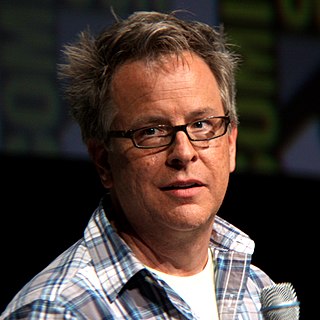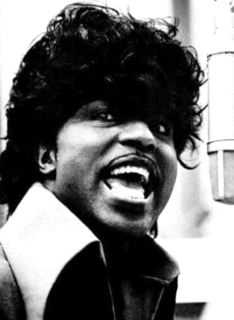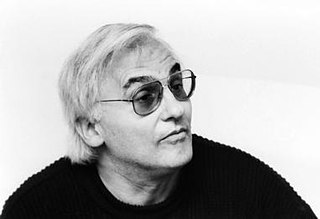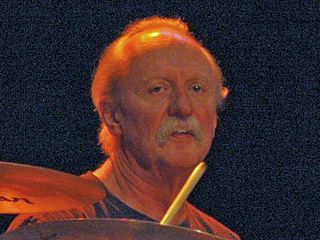A Quote by Lee Ranaldo
Being a guy who was a geek with tape machines in the early days and really interested in how records get made, I was inspired in particular by how the Beatles were innovating when they were making those records late in their career while using the studio in a maximal way.
Related Quotes
I had invented my own system, my own way of making electronic music at the San Francisco Tape Music Centre, and I was using what is now referred to as a classical electronic music studio, consisting of tube oscillators and patch bays. There were no mixers or synthesizers. So I managed to figure out how to make the oscillators sing. I used a tape delay system using two tape recorders and stringing the tape between the two tape machines and being able to configure the tracks coming back in different ways.
There were certain Ray Charles albums and a couple of early Marvin Gaye records that I used to listen to with a vengeance. That's how you forge a style. It excites you, and you lean toward it almost unconsciously. I was also a Beatles fanatic, but I didn't emulate them the way I did the R&B artists.
My very first records, I was very interested in how you get the particular quality you want out of it, and I began to learn about the engineering and aspects of production and things very early on. I got hands-on with the process and taught myself how to engineer, as opposed to just being a producer who asked the engineer to make it sound nice.
I really did feel like I was surrounded by family members. I didn't have a dad, and I remember there were all these guys - in the old days, there were no women, except a makeup artist or, occasionally, a script supervisor. So there were just guys who taught me how to, you know, whittle wood, or how to pull focus, and what the camera was doing. And if I was being bratty, they'd sit me down and tell me. There were lots of rules about not being late and making sure that you didn't spill anything. So it felt a little bit like I was in a family.




































